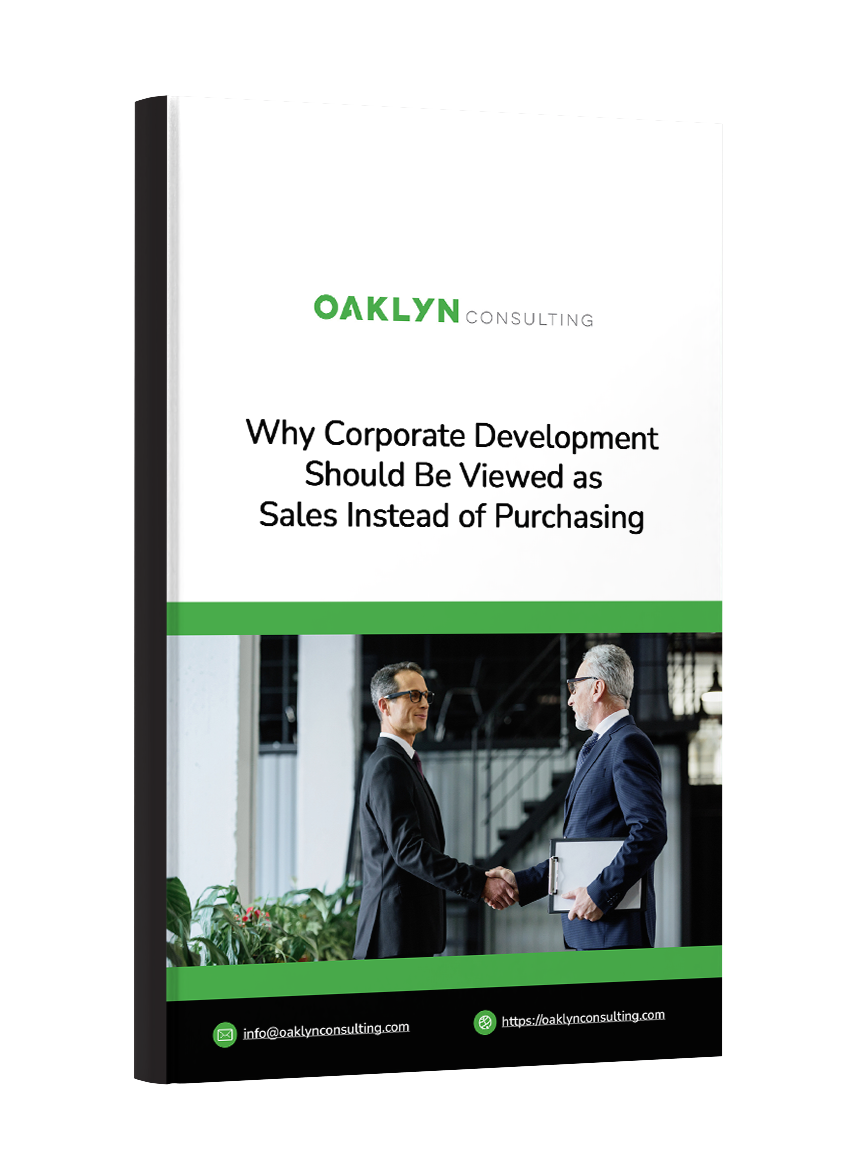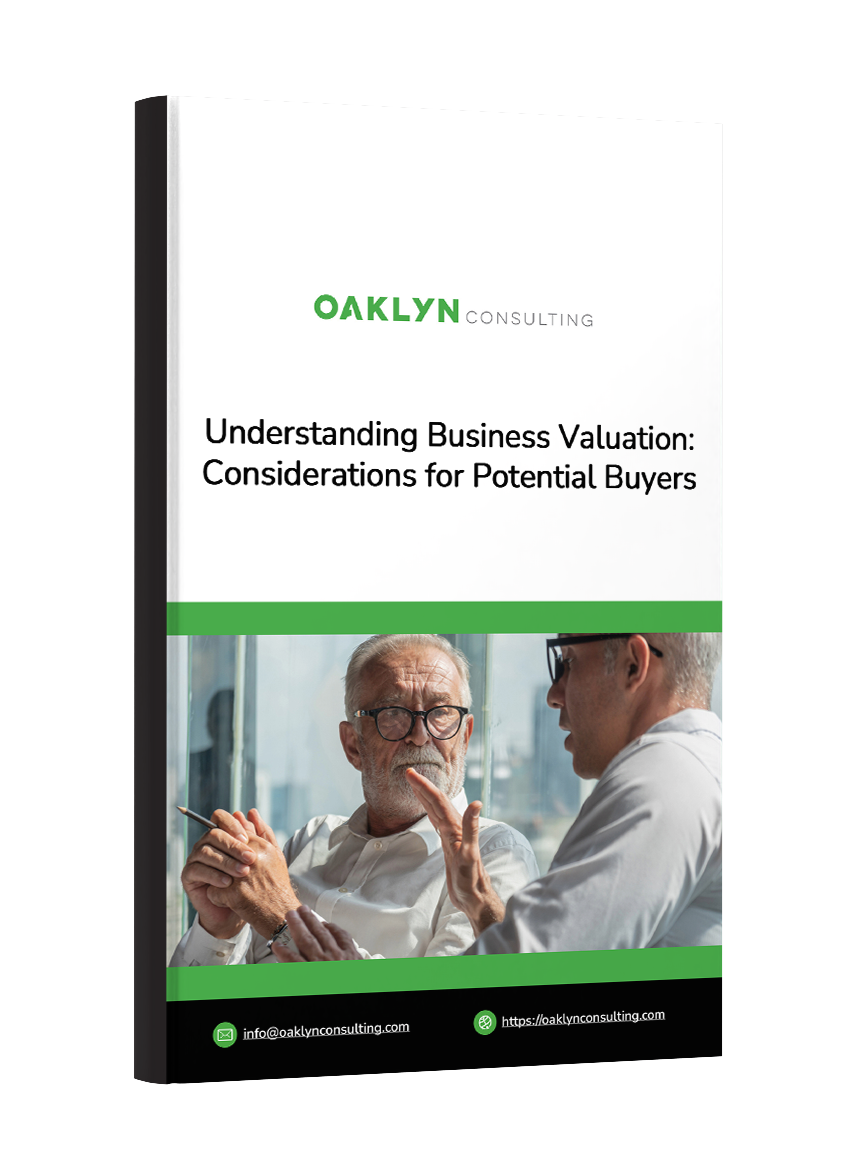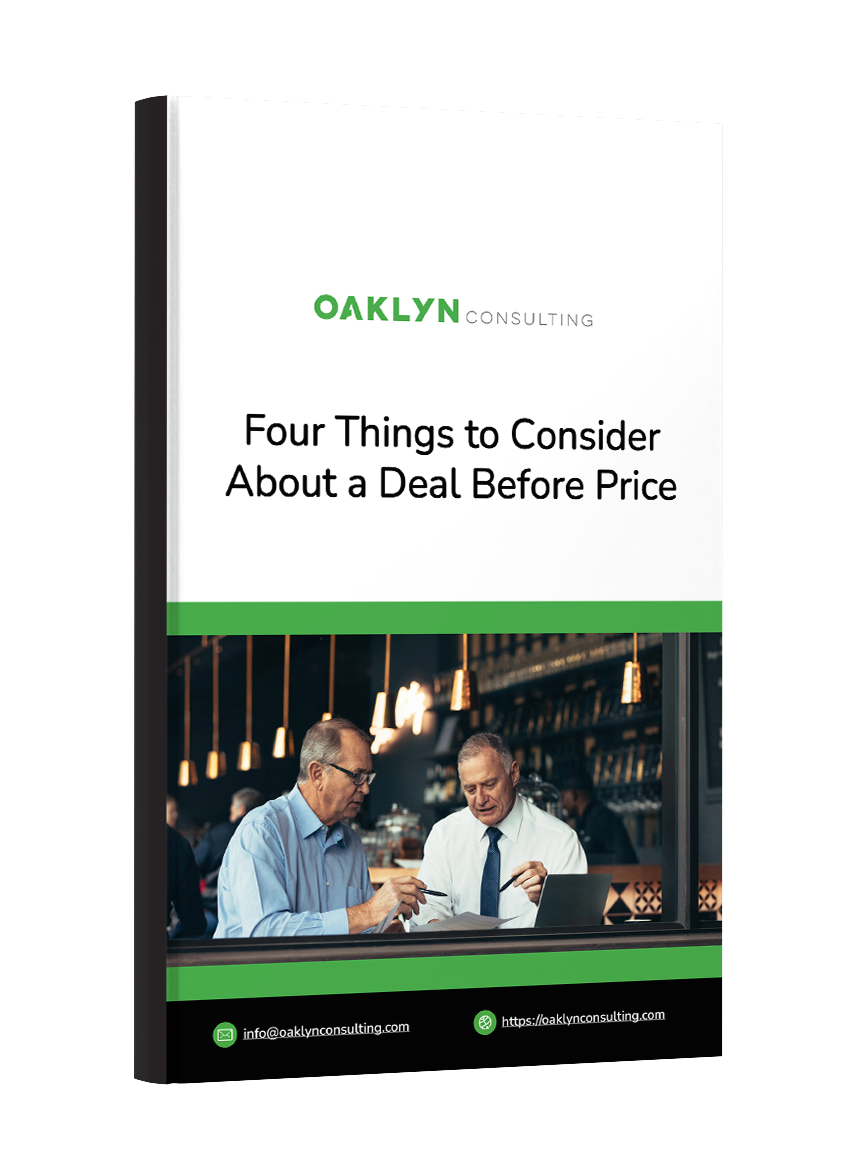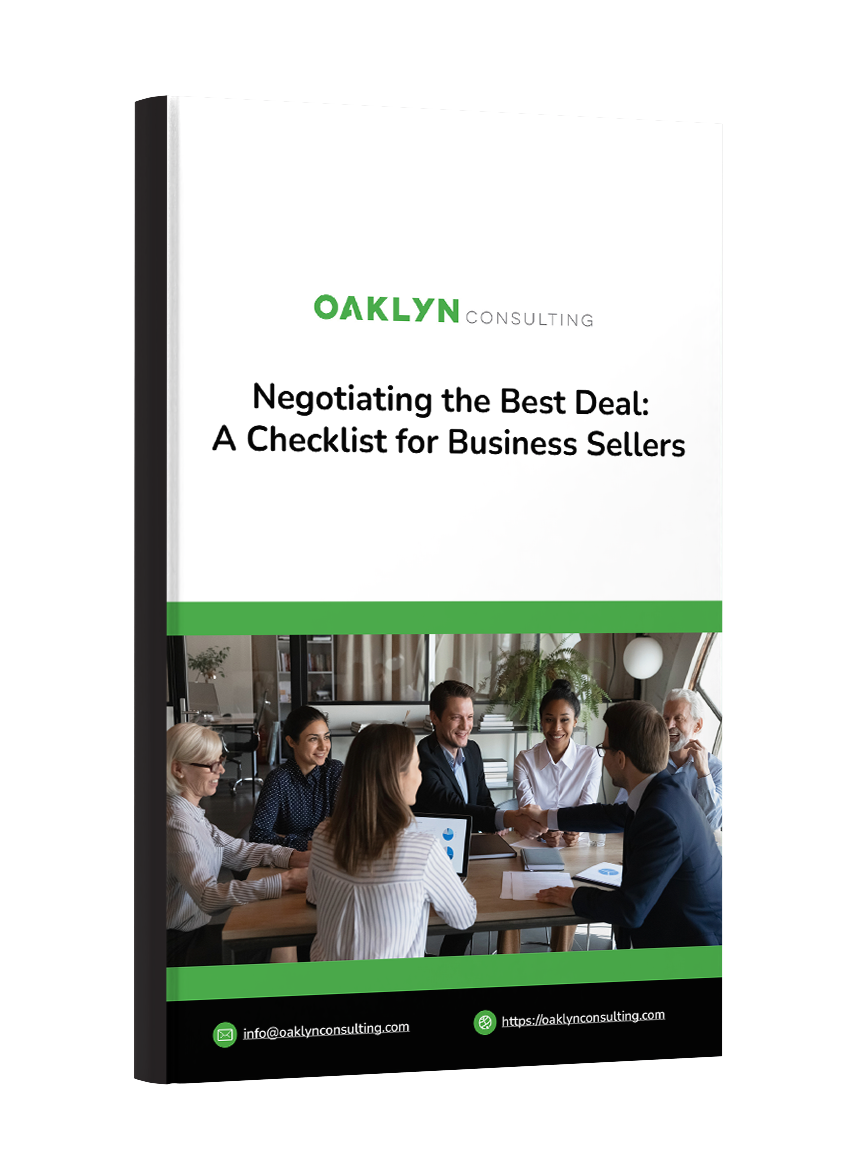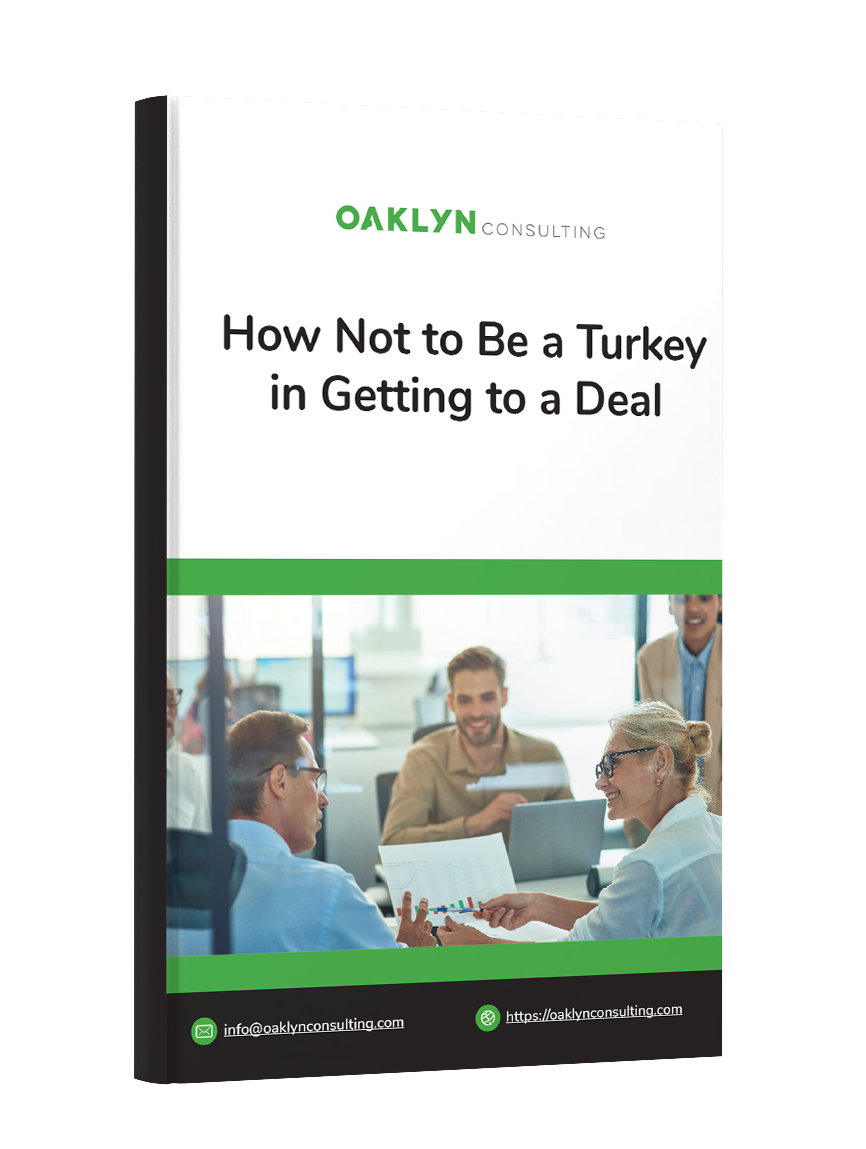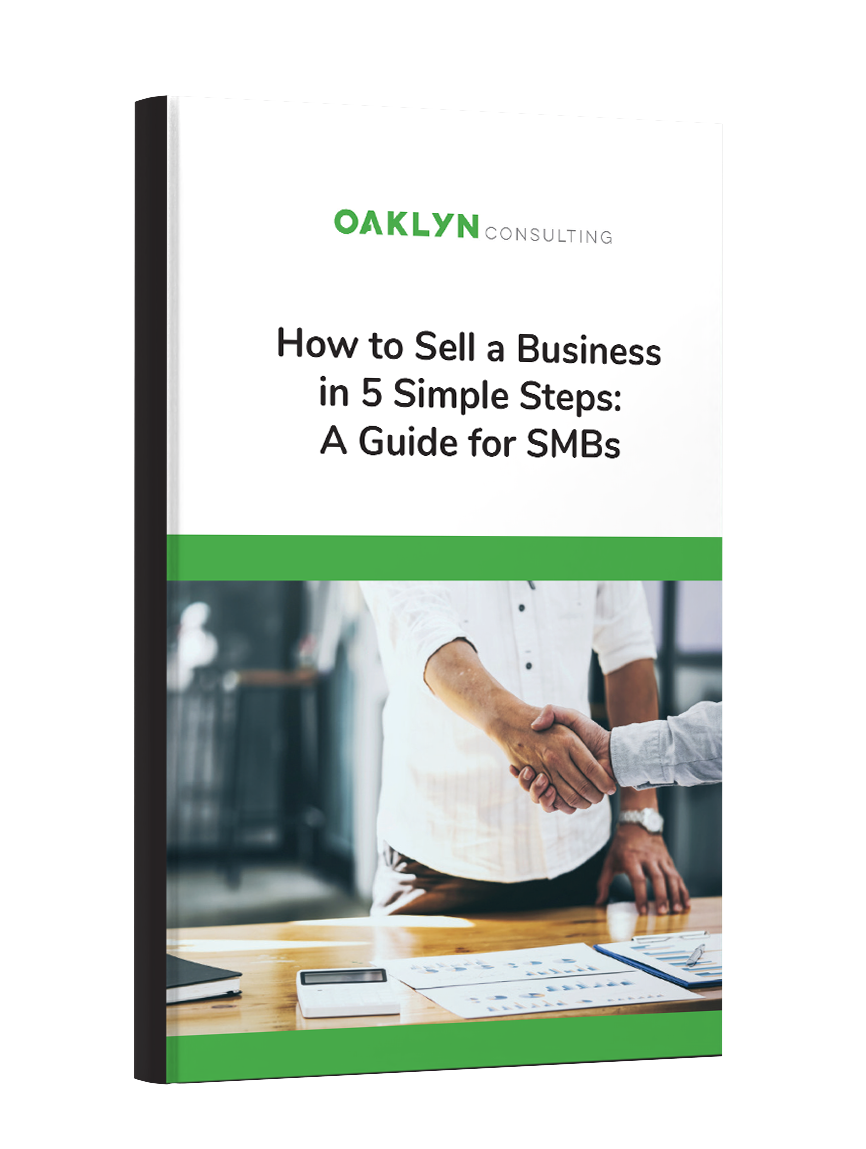The sale of Southern Tool Steel to Ryerson Holding Corp. supports several trends found in Investment Banking South’s market survey of business owners, investors and corporate advisers:
- Manufacturing is particularly strong in the Southeast and is an especially attractive sector to the M&A market.
- There is a lot of money from outside the region looking for deals in the Southeast. Money is willing to travel to the region because prices are inflated in other parts of the country.
- There is a lot of money chasing a few quality deals in the region, and it’s a seller’s market.
Even if a company has a few blemishes, it’s still a great time to sell if the business is properly packaged and the owner is emotionally ready. Despite interest in the Southeast from investors across the world and advancements in communication tools, proximity can still matter and give local investors an edge.
Q. HOW DOES THE SALE OF SOUTHERN TOOL STEEL EXEMPLIFY TRENDS FOUND IN INVESTMENT BANKING SOUTH’S ANNUAL MARKET EXPECTATIONS SURVEY?
A. The South is particularly hot for investors right now, and manufacturing is an especially strong sector within the M&A market. This sale supports both of those trends.
According to the survey, interest in manufacturing has increased considerably — and Southern Tool Steel falls squarely in that sector. The findings also showed that there is a lot of money willing to travel to the Southeast from outside the region. In this particular sale, a Chicago-based buyer purchased a company headquartered in Chattanooga, so this transaction supports that trend as well.
Additionally, investors have told us that they’re seeing high competition for quality companies. Anecdotally, this rings true for us: We’ve seen quite a bit of interest in our clients that are founder-owned companies, like Southern Tool Steel, and there have been a good many stories of deals that began but failed to close.
Overall, we’ve observed — and heard from M&A experts across the region — that it’s a seller’s market for well-prepared businesses. However, being well prepared is the key.
Q. HOW DOES HAVING A LOT OF OUTSIDE MONEY LOOKING FOR DEALS IN THE SOUTHEAST CHANGE THE DYNAMIC WHEN IT COMES TO SELLING A BUSINESS?
A. With outside money flowing into the region, we don’t have to convince people that they ought to be spending their time in the Southeast. When you’re dealing with a region people want to invest in, you’re selling with the current. It’s a lot more difficult when you’re working in an area that’s less attractive to investors, because you have to go against the natural flow.
In the Southeast right now, it’s more about the merits of the company and less about the region, which means the conversation is starting on the right foot.
Q. WHAT DOES “WELL PREPARED” MEAN?
A. The seller needs to be ready for a transaction, which means having historical and projected numbers that tell the business’s story well and having corporate documents and contracts organized. The business plan needs to create a sense of urgency to develop momentum in the investor’s eyes. Most businesses don’t have an investor-ready business plan, so that’s one of our first steps when working with a business that’s getting ready to sell. By interviewing business owners at the outset and helping them organize their material, we can identify gaps in their thinking and encourage them to address these vulnerabilities.
That’s not to say there aren’t deals to be done with companies that aren’t in an ideal position to sell, though.
Even if a business has some warts — for example, maybe customer concentration is high or there’s no plan for growth — it could still be a good time to sell if the owner is truly ready. In those circumstances, a transaction will still require a solid five-year plan that aligns with potential investors’ goals, and more importantly, realistic expectations — from the owner’s perspective — about the company’s value.
Q. WITH OUTSIDE MONEY FLOWING INTO THE SOUTHEAST, DOES IT BEHAVE DIFFERENTLY THAN MONEY FROM WITHIN THE REGION? IS IT MORE AGGRESSIVE OR MORE LIKELY TO TAKE RISKS?
A. It does behave differently. It is plentiful but actually more risk averse than local money. In a typical investment firm, there’s a small team of men and women responsible for deploying money and they only have so many hours in a day to find investments and to monitor them.
If a company is in Birmingham and investing in Alabama, they’ll know the business community and they’ll spend time with the company encouraging management to grow and fix problems because of the close proximity. If the same company is investing in a company in Portland, they won’t really know what the management team is up to between the few times a year they meet in person. If a company invests in a business across the country, it needs to have that much more trust in the team there, that many more checks and balances, or that much higher financial returns.
All else equal, the closer the money is, the more likely it is to take a risk. When you’re closer, surprises are more manageable. Technology has made a lot of things possible and it’s reshaped the business landscape, but when there’s a problem, you still have to be present.

